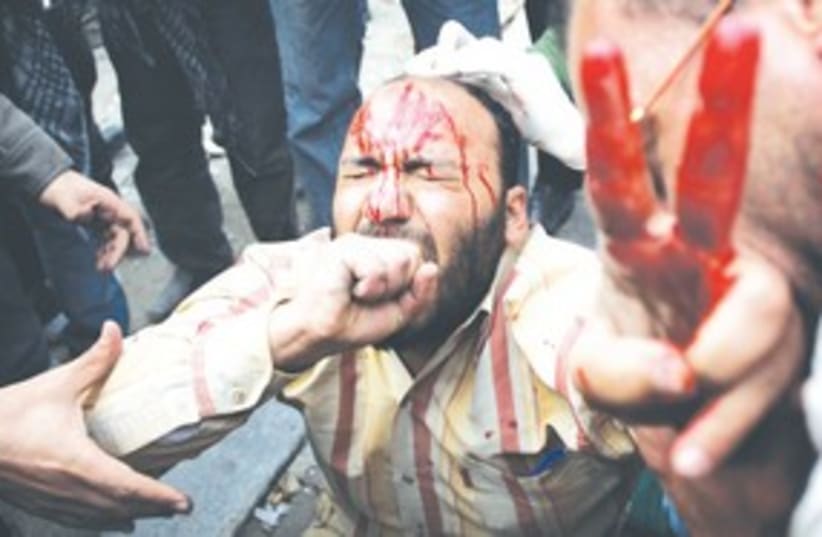The writer is a Brussels-based journalist of Egyptian origin. He writes a regular column for the UK's The Guardian and contributes to a number of publications in Europe, the Middle East and the United States. His website is www.chronikler.com
When the revolution comes
A democratic Egypt will not go to war with Israel, but for the cold peace to thaw, it must end the occupation.

The writer is a Brussels-based journalist of Egyptian origin. He writes a regular column for the UK's The Guardian and contributes to a number of publications in Europe, the Middle East and the United States. His website is www.chronikler.com